Navigating the world of vegetarian proteins can be tricky. While some plant-based options are nutritional powerhouses, others fall short of delivering the protein punch you’d expect. Let’s explore six vegetarian proteins that might not meet your nutritional needs and seven that truly excel in providing essential protein for a balanced diet.
1. Veggie Chips and Puffs
Veggie chips and puffs often masquerade as healthy snacks. These crispy treats usually boast vibrant colors and tempting flavors. However, beneath their appealing exterior, they often lack significant protein content. Typically made from potato or corn starch with vegetable powders, they offer little more than empty calories.
Though they provide a delightful crunch, they won’t satisfy your protein needs. Instead, enjoy them in moderation as an occasional pleasure rather than a protein source. Remember, their charm lies in their taste, not their nutritional value.
2. Flavored Protein Bars
Flavored protein bars might seem like a convenient protein boost. Despite their promises, many are loaded with sugar and artificial ingredients. Manufacturers focus on taste and shelf appeal, sometimes at the expense of nutritional quality.
Though some bars deliver on protein, others fall short and can be more like candy. Be cautious when picking a bar; read labels carefully and choose ones with higher protein and less sugar. While they offer convenience, they shouldn’t replace whole food sources of protein.
3. Sweetened Yogurt
Sweetened yogurt is often enjoyed for its creamy texture and sweet taste. However, this delightful snack can be deceiving. Laden with sugars and additives, its protein content may not be as beneficial as plain yogurts. Sweeteners often overshadow the natural benefits of yogurt cultures.
For a more nutritious alternative, opt for plain Greek yogurt with fresh fruits. This way, you control the sweetness while reaping the protein benefits. Remember, it’s not just about taste, but making healthier choices too.
4. Highly Processed Meat Alternatives
Meat alternatives are popular among vegetarians looking for familiar textures. Yet, not all deliver substantial protein. Highly processed options often include fillers and artificial flavors, diluting their nutritional profile.
These products might mimic the taste of meat but fall short in offering the same protein benefits. Instead of relying solely on these alternatives, incorporate more whole food sources. Diversifying protein intake is key to meeting dietary needs without excess processing.
5. Instant Oatmeal Packets (With “Protein”)
Instant oatmeal with added protein promises a quick, wholesome meal. However, the allure of convenience often hides the reality of minimal protein content. These packets frequently contain sugars and preservatives, overshadowing any protein additions.
Consider traditional rolled oats and mix with nuts or seeds for a genuine protein boost. Preparing oatmeal from scratch ensures better nutritional value. Convenience is appealing, but sometimes effort delivers better results.
6. Store-Bought Hummus with Crackers
Store-bought hummus paired with crackers is a popular snack choice. Though hummus is chickpea-based, the protein content can be reduced by added oils and preservatives. Combined with processed crackers, the snack might not fulfill your protein needs as expected.
Homemade hummus with whole-grain crackers or veggies offers a more nutritious alternative. By focusing on quality ingredients, you enhance both taste and nutritional value. Choose wisely for a protein-rich snack.
7. Tempeh
A protein powerhouse, tempeh is made from fermented soybeans, giving it a unique, firm texture that sets it apart from other plant-based proteins. Versatile in nature, it absorbs flavors from various marinades, making it ideal for a wide range of dishes.
Rich in protein and probiotics, tempeh supports digestive health while keeping you satisfied. Its earthy flavor adds a delightful touch to stir-fries, salads, and sandwiches, offering a fulfilling meal. Embrace it as a nutrient-dense protein source that truly delivers.
8. Lentils
With their rich history, lentils are a staple in many cuisines. Their earthy taste complements a variety of dishes, from soups to salads. Packed with protein and fiber, lentils are not only filling but also heart-healthy.
They offer a plant-based protein boost that supports muscle growth and repair. Versatile and budget-friendly, lentils adapt to numerous culinary creations, providing nourishment and flavor. Whether in a stew or a curry, lentils truly shine as a protein source.
9. Chia Seeds
Chia seeds, though small, pack a powerful punch. These tiny seeds are rich in protein, omega-3 fatty acids, and fiber. When soaked, they expand and create a gel-like texture, perfect for smoothies and puddings.
Their neutral flavor allows them to blend seamlessly into various recipes, from breakfast bowls to baked goods. Besides protein, chia seeds offer a variety of essential nutrients, making them a versatile addition to any diet. Small yet mighty, they stand out as a protein source.
10. Edamame
Edamame, or young soybeans, are a delightful snack teeming with protein. These bright green pods are often served steamed and sprinkled with sea salt, providing a savory treat. Rich in protein and essential amino acids, edamame supports muscle health and growth.
They can be enjoyed on their own or added to salads and stir-fries for extra protein. Edamame’s combination of taste and nutrition makes them a favorite among plant-based eaters looking for a protein-rich snack.
11. Pumpkin Seeds
Pumpkin seeds, or pepitas, are more than just a fall treat. These seeds are high in protein, magnesium, and healthy fats. Roasted to perfection, they offer a satisfying crunch and a nutty flavor.
Perfect for snacking or as a topping for salads and yogurt, pumpkin seeds provide a nutrient-dense protein option. Their versatility and unique taste make them a favored choice for those seeking plant-based protein. Enjoy them year-round, not just during pumpkin season.
12. Plain Greek Yogurt
Plain Greek yogurt is celebrated for its high protein content and creamy texture. Without added sugars, it offers a more substantial nutritional profile than sweetened varieties. Rich in probiotics, it aids digestion while keeping you full.
Pair it with fresh fruits or nuts for a balanced snack or breakfast. Its versatility in both savory and sweet dishes makes it a kitchen staple. Choose plain Greek yogurt for a delicious, protein-packed option that supports a healthy diet.
13. Quinoa
Often mistaken for a grain, quinoa is a seed that delivers a complete protein profile. Its fluffy texture and mild, nutty taste complement a variety of dishes. Quinoa is a fantastic base for salads, bowls, and even breakfast porridge.
Packed with protein, fiber, and essential amino acids, it supports muscle health and energy levels. Its versatility and nutritional benefits make quinoa a popular choice among those seeking a plant-based protein. Incorporating quinoa ensures a balanced diet with diverse flavors.
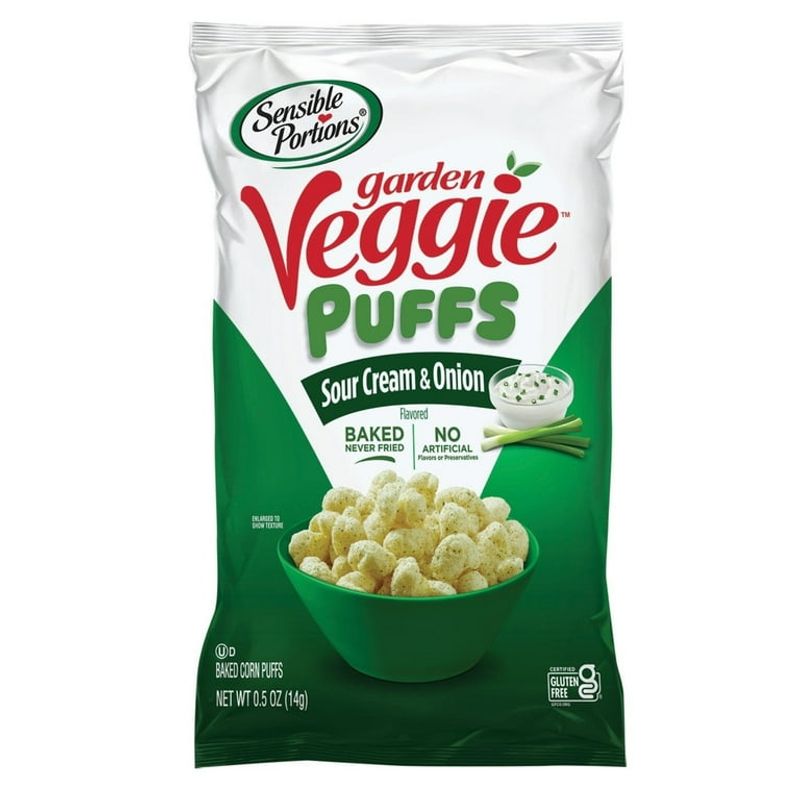
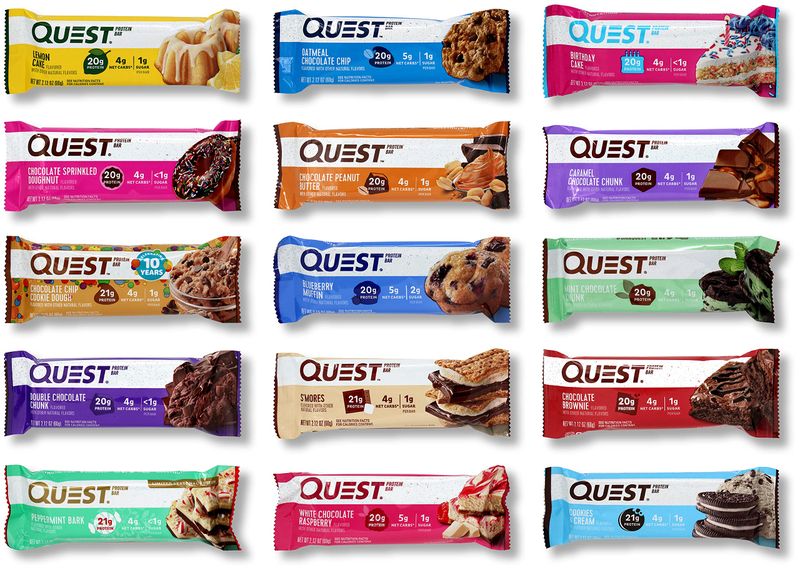
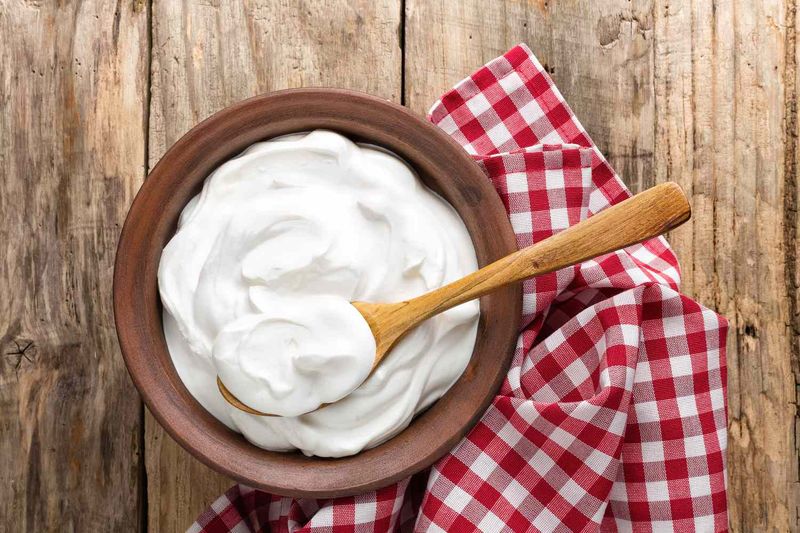

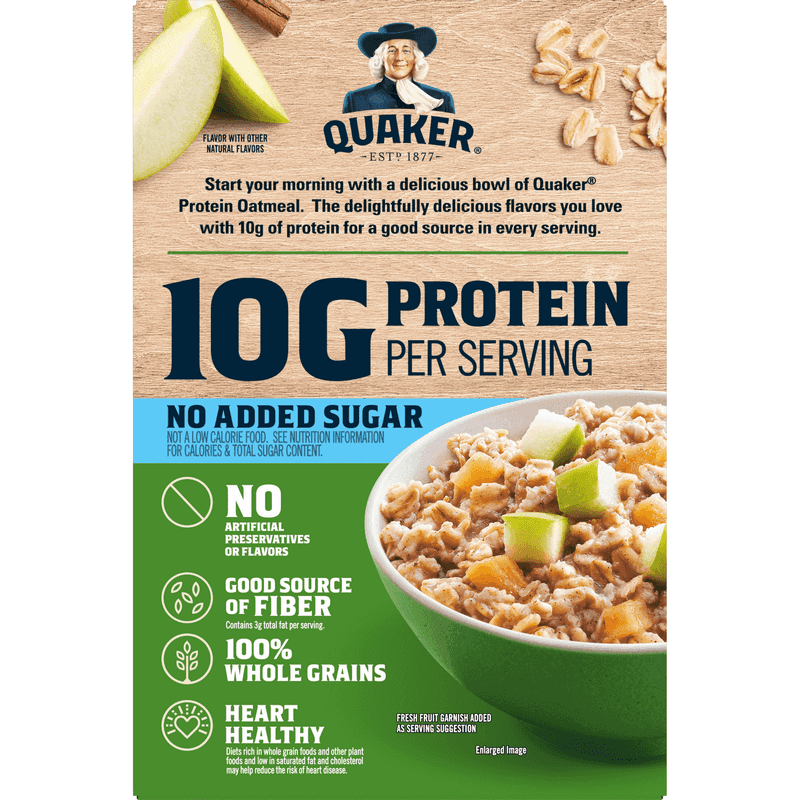
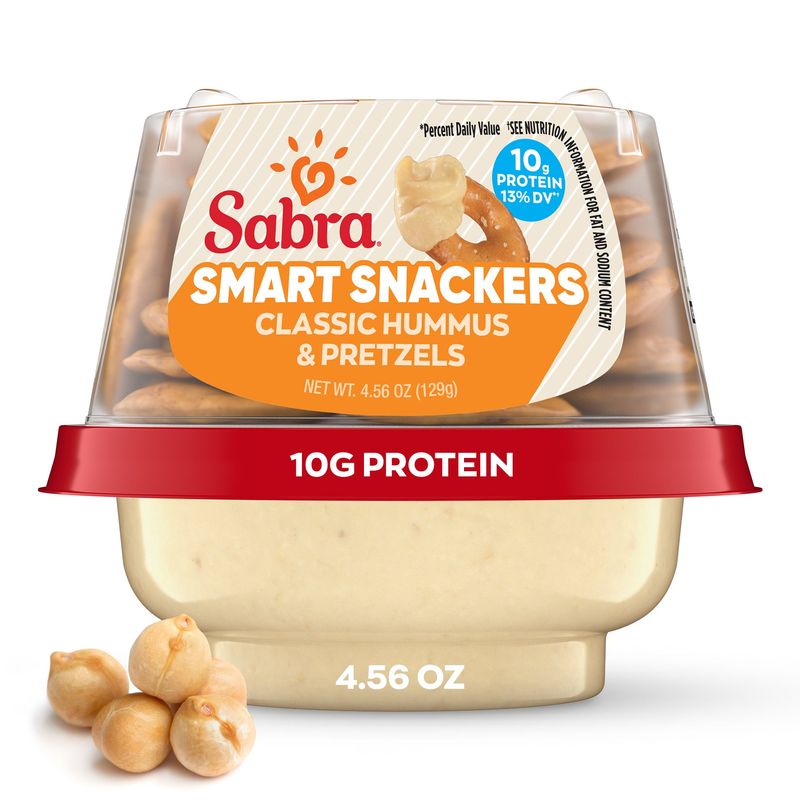

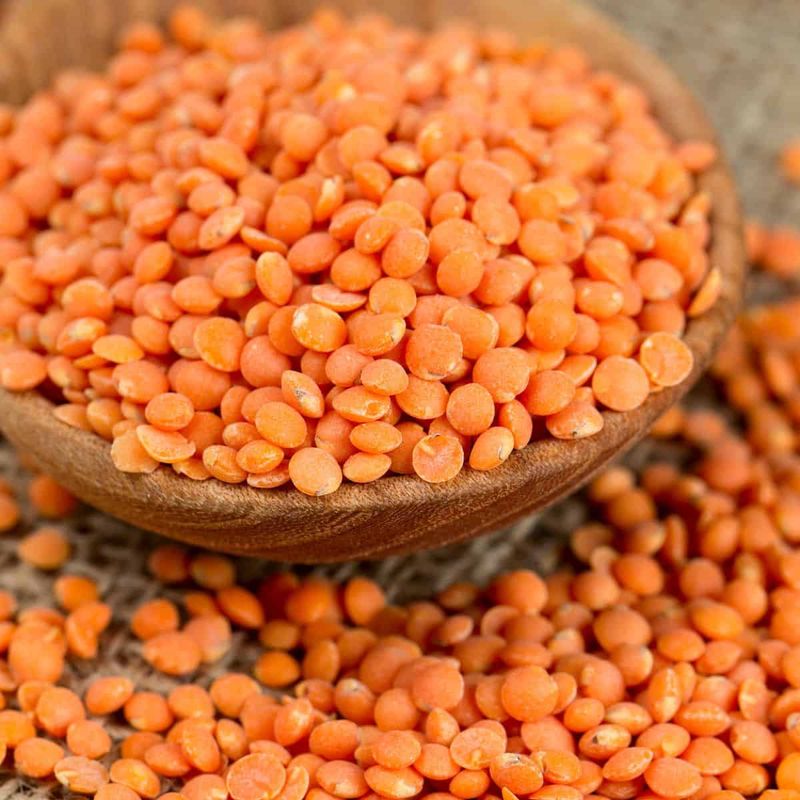
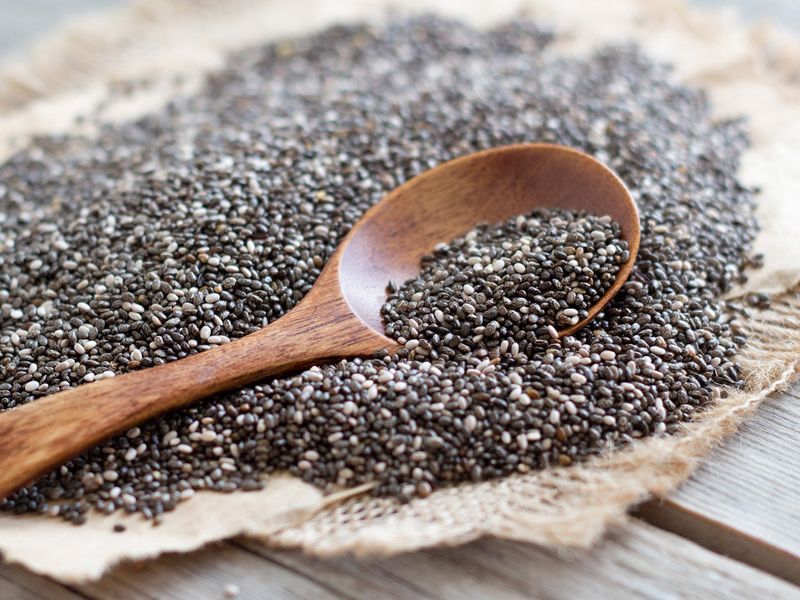
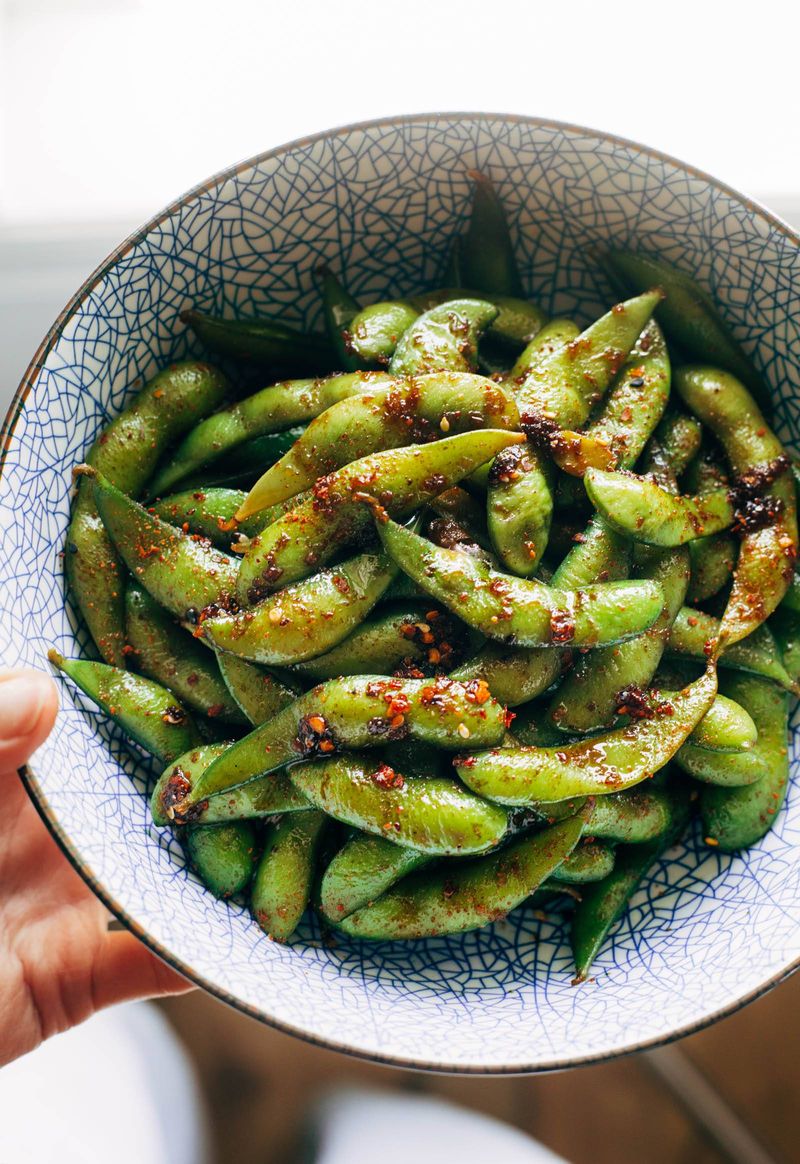
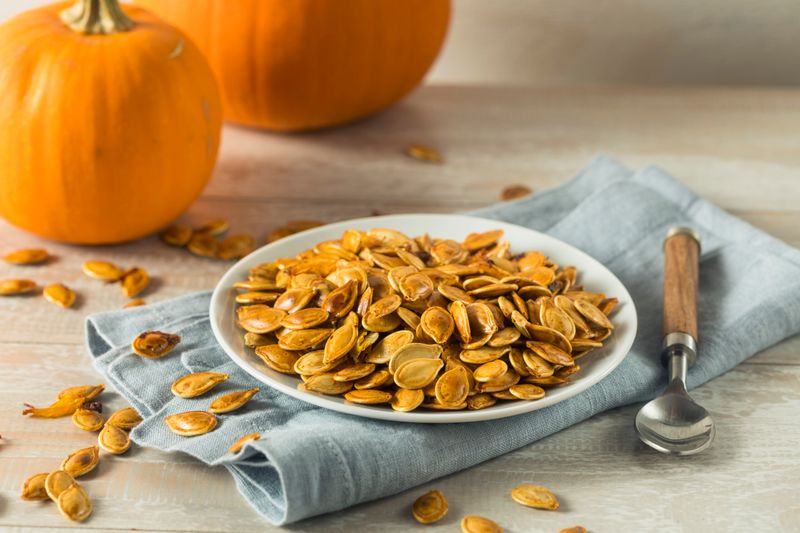
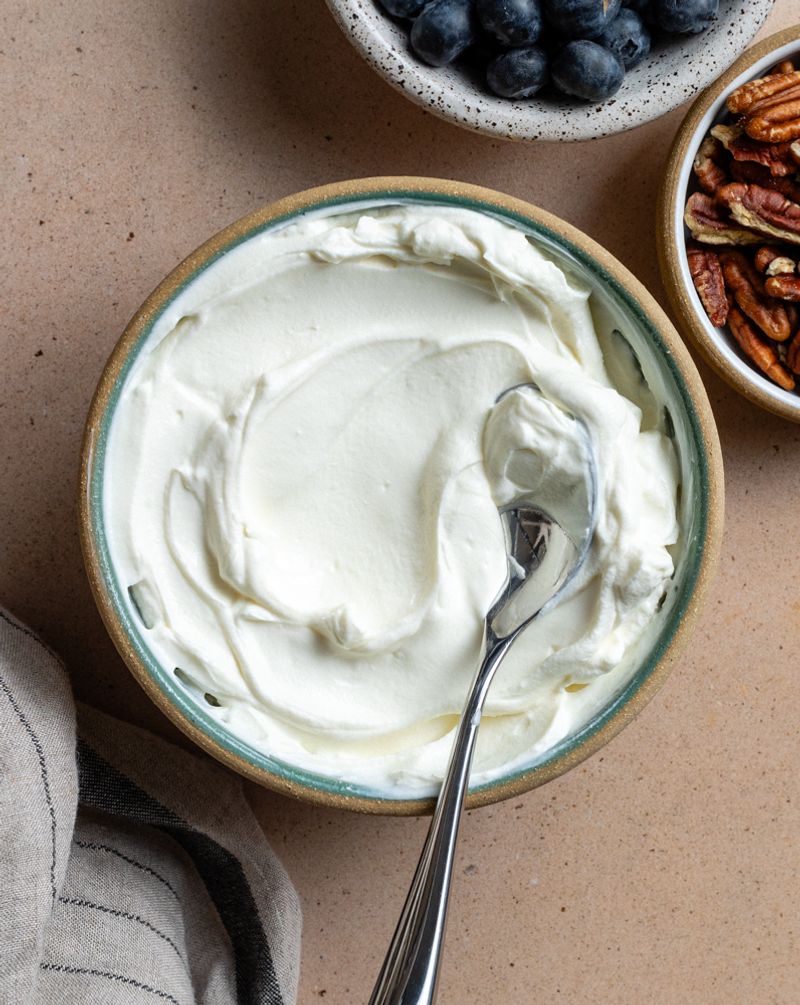
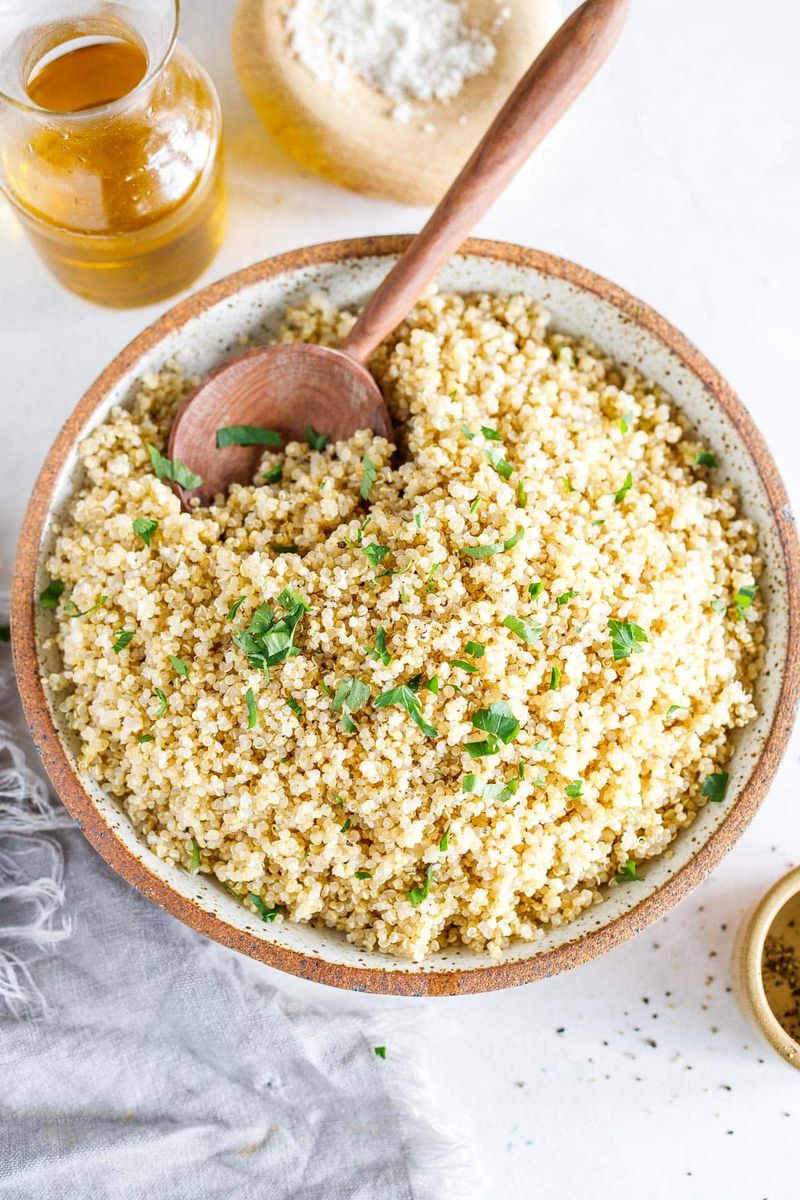
Leave a comment